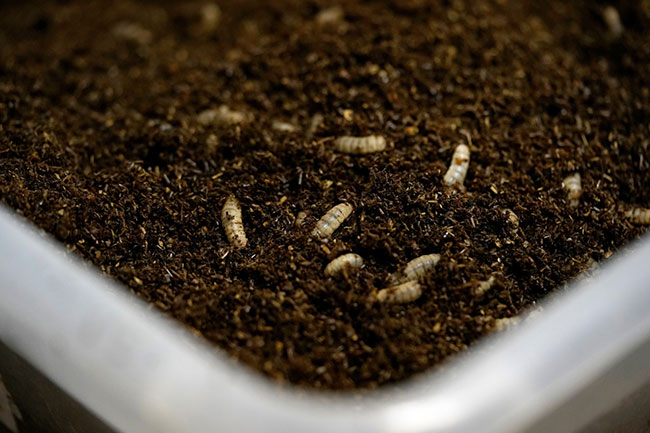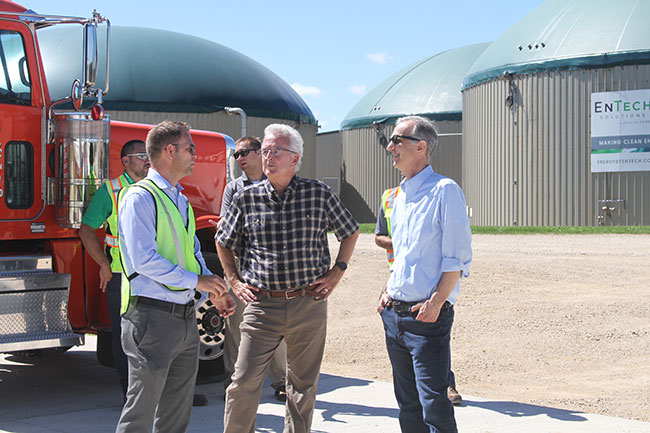| |
| |
 |
 |
| |
 |
|
@{mv_date_MMM d, yyyy}@ |
|
| |
 How does one balance the need to incorporate manure into their soil, with also allowing for minimal soil disturbances? It's a balancing act, says columnist Chryseis Modderman.
» Read More...
How does one balance the need to incorporate manure into their soil, with also allowing for minimal soil disturbances? It's a balancing act, says columnist Chryseis Modderman.
» Read More...
The organization understands the importance of current health and safety guidelines, but cautioned against any additional costs or red tape for farmers.
» Read More...
Antibiotic resistant bacteria might be controllable through manure application, but recent research shows that it's heavily dependent on soil type.
» Read More...
|
| |
|
| |

There’s no higher compliment in this business — then being called predictable. It’s the reason we’ve been trusted across the industry for more than 85 years, and why we’re the exclusive spreader partner of industry-leading brands.
Get more done in less time with the New Leader NL600 spreader. When you’re expected to do it all, use a spreader that’s as versatile as you are. Know exactly what you’re getting every single time, when you buy a New Leader: precision, performance and above all, predictability.
We’re built for this so you can be too.
» Learn More |
| |
|
| |
 In an expanded version of a feature from our January/February issue, we explore the evolving science behind insect feed for livestock – and the part that manure can play. A Texas team is looking at the viability of black soldier fly (BSF) larvae raised primarily on a diet of livestock manure – which could not only create an efficient new feed source for livestock, but also provide producers with another revenue stream for their manure.
» Read More...
In an expanded version of a feature from our January/February issue, we explore the evolving science behind insect feed for livestock – and the part that manure can play. A Texas team is looking at the viability of black soldier fly (BSF) larvae raised primarily on a diet of livestock manure – which could not only create an efficient new feed source for livestock, but also provide producers with another revenue stream for their manure.
» Read More... |
| |
 Expanding on our feature from January/February, our team looks at the divisive world of digesters. While proponents hail their contributions to a more circular economy, there are dissenting voices, especially when it comes to municipal digesters. Looking at cases from Wisconsin and Alberta, we explore why some digesters are accepted and even embraced by communities, while others meet fervent opposition.
» Read More...
Expanding on our feature from January/February, our team looks at the divisive world of digesters. While proponents hail their contributions to a more circular economy, there are dissenting voices, especially when it comes to municipal digesters. Looking at cases from Wisconsin and Alberta, we explore why some digesters are accepted and even embraced by communities, while others meet fervent opposition.
» Read More... |
| |
| |
|
| |
|
|
| |
| |






